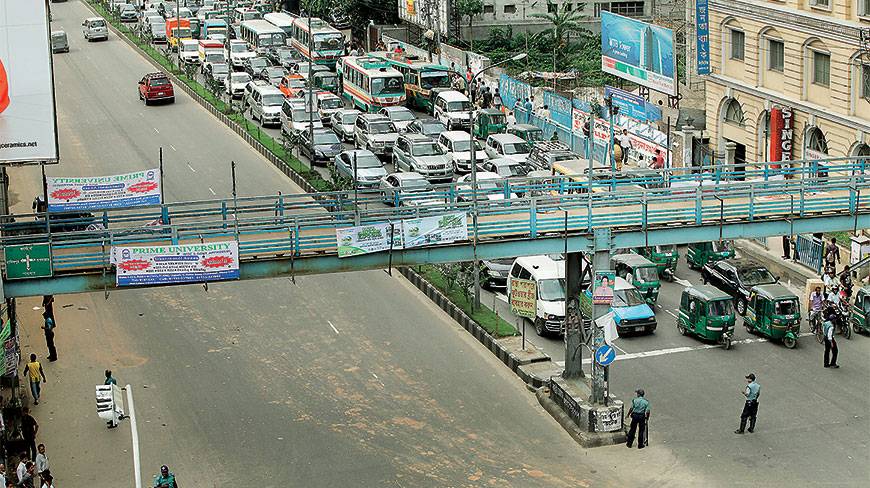A friend of mine, working in an international NGO, recently shared an interesting piece of information. There was a time, he said, when the development sector tried to raise awareness on planning the family. The development activists, for a long time, were preaching for keeping the size of the family small, spending a huge amount of money.
Their slogan was: “Chhoto poribari shukhi poribar” (a small family is a happy family). However, as my friend said, the people of this country got it all wrong. To their mind, “poribar” (family) means “wife.” Therefore, they started marrying underage girls. The development sector has recently found out that this practice has been going on unnoticed for a long time. And now, the development practitioners have again started a new discourse on how to prevent the new challenge.
Now, if this is true, our way of starting a campaign or project seems to bear many flaws. The chief among them is “research” or “survey” before introducing a new concept for the people to practice. Clearly, in this case, the project pioneers who ran the survey didn’t perhaps have a clear idea about Bangladeshi society.
This brings the thought of microcredit in Bangladesh. Many analysts have shown that microcredit had contributed to the escalation of dowry in this country. Yes, of course, microcredit has benefitted large sections of the rural people in many different ways, but it has also worked against women’s solidarity and contributed heavily to the inflation of dowry.
It has been often heard that women are sent home to persuade their parents to borrow money, from an NGO, for their husbands to invest in business, including buying items such as rickshaws, vans, grocery shops, or irrigation pumps. Although in theory, microfinance institutions do not lend money for the purposes of dowry payment, in practice it has been going on for a long time.
We haven’t yet done anything to address this problem, have we?
Similarly, there are many such projects, both development and social, that we tried to accomplish without proper research in the last four decades. Take the example of mammoth-sized vehicles, especially the SUV-like that the rich like to purchase. There’s no doubt that those who have money would buy luxurious cars.
This has been the case in all ages in all countries. However, in most countries, the rich had first created the road for those cars to ply on, and then they bought those cars for their own smooth communication. In our case, it seems, it’s always the cart before the horse. If we don’t have the horse, how would we carry the cart?
It’s been observed that we always tried to emulate practices in other countries in everything. We tried to follow their democratic practices, their way of beautifying the country, their way of using technology, and of course, their way of education. We have seen our leaders trying to beautify our cities after they have seen something in a foreign land. When one of our leaders visits a different country and he/she sees something nice there, on his/her return, he/she tries to implement exactly the same thing here.
But is that really logical? Do we ever think whether something similar would actually fit in our country? Do we really run a research before emulating others?
When it comes to using technology, we lag behind. I remember about two decades ago, we used typewriters in our office work. Suddenly, we saw that manual typewriters were replaced by electronic typewriters. When we brought the electronic typewriters, the entire developed world had switched to computers.
My question is: Why didn’t we think of skipping electronic typewriters and go for computers straightaway? Was it because we had to follow the steps that they took? Funny, really funny! Imagine the amount of money we spent purchasing electronic typewriters that became useless in about three years!
Our way of doing things is infested with the lack of thinking. Implementing any work without proper R&D is our style. And after a few years, we actually repent doing that. Why do we do that? Is it because we lack vision? Is it because we are very short-sighted?
Maybe. Our traffic system is perhaps the best example of our way of doing things wrong. We seem quite nonchalant about the amount of man hours that we waste in the traffic. Why can’t we fix the traffic? Is it our own behaviour that is the biggest problem? If that’s the case, why don’t we do something about it? How much time would it take to fix our weaknesses, to make them right?
Source: Dhaka Tribune










